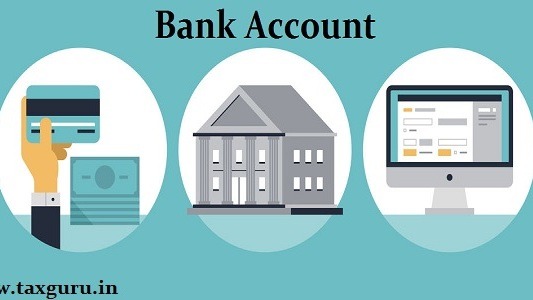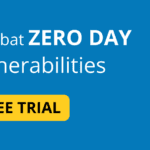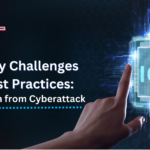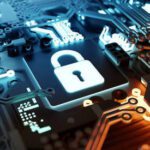Importance of safeguarding your bank account
You need to safeguard your bank account to avoid fraud and money theft. Numerous techniques, such as malware, phishing schemes, and identity theft, might be used to attack your bank account. If your bank account is infiltrated, you can lose everything you have, and it might take a long time and effort to get your money back. Learn about our other post at bugify.in.
Here are some of the reasons why it is important to safeguard your bank account:
- To protect your money. Your bank account contains your hard-earned money. If your bank account is compromised, you could lose all of your money.
- To avoid financial hardship. If your bank account is compromised, it can be difficult and time-consuming to recover your money. This could lead to financial hardship, such as being unable to pay your bills or make mortgage payments.
- To protect your credit score. If your bank account is compromised, fraudsters may use your personal information to open new accounts in your name or take out loans without your knowledge. This could damage your credit score and make it difficult to obtain credit in the future.
Understanding the Threats
There are many threats to protecting your money, both online and offline. Some of the most common threats include:
- Cybercrime: Financial security is seriously threatened by cybercrime, which is also getting more sophisticated. Cybercriminals can steal your money through phishing, malware, and hacking, among other techniques.
- Fraud: Another frequent danger to financial security is fraud. There are many different types of fraud, including credit card fraud, identity theft, and insurance fraud.
- Natural disasters: Your financial security may be significantly impacted by natural disasters as well. In the event that a natural disaster damages your house or place of business, replacement or repair costs may be high.
Strengthening Online Banking Security
While managing your accounts through online banking might be quick and easy, it’s still vital to take precautions against fraud and unwanted access to your account. The following advice will help you improve the security of your online banking:
- Use strong passwords and multi-factor authentication: You should use a lengthy, complicated password for your online banking account that is unique from the passwords you use for other websites and services. Enabling multi-factor authentication (MFA), which requires you to enter a code from your phone or another device in addition to your password when logging in, is another important security feature that you should enable.
- Be careful about what links you click on: Scammers frequently use phishing emails and websites to attempt to obtain your personal information. Never click on links or enter personal information on a website that appears to be from your bank, even if you receive an email or notice something seems strange about it. Instead, enter the address into the address bar of your browser to go straight to your bank’s website.
- Keep your software up to date: Security patches that might help shield your computer from malware and other risks are frequently included in software upgrades. As soon as updates become available, be careful to install them for your web browser, operating system, and other applications.
Protecting Personal Information of bank account
Protecting your personal information is essential to securing your bank account and preventing fraud. Here are some tips:
- Create strong and unique passwords for your bank account and other online accounts: Don’t use terms or phrases that are simple to figure out, such your address, birthday, or name. Instead, make use of a mix of symbols, numerals, and capital and lowercase characters.
- Enable two-factor authentication (2FA) on your bank account and other online accounts: When you log in, 2FA requires you to input a code from your phone in addition to your password, adding an additional layer of security.
- Be careful about what information you share online: Refrain from disclosing any personal information on social media or other open websites, including your credit card number, bank account number, or Social Security number.
conclusion
To sum up, maintaining the security of your bank account requires a continual commitment to the protection of your personal data and financial assets. You may greatly lower the dangers connected with internet banking and increase security and peace of mind by adhering to these best practices and exercising caution.













